October 3, 2024
Nearly two thirds of people say they couldn’t make it through a work day without looking at their phone
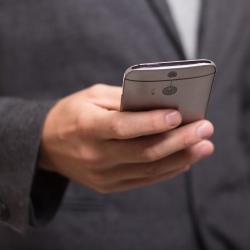 A new poll from instantprint claims only around a third (39 percent) of respondents think they could make it through the day without looking at their phone. This means nearly two in five workers think they could stay focused and avoid their phones entirely, which is an impressive display of self-discipline in an era where we are constantly connected. According to the survey , one-third of respondents (33.33 percent) said they check their phones every time a notification appears, whether it’s a message, social media alert, or app update. (more…)
A new poll from instantprint claims only around a third (39 percent) of respondents think they could make it through the day without looking at their phone. This means nearly two in five workers think they could stay focused and avoid their phones entirely, which is an impressive display of self-discipline in an era where we are constantly connected. According to the survey , one-third of respondents (33.33 percent) said they check their phones every time a notification appears, whether it’s a message, social media alert, or app update. (more…)




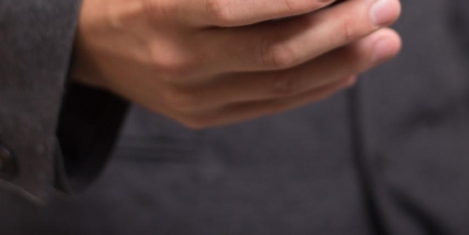
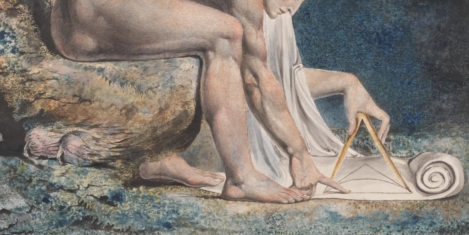



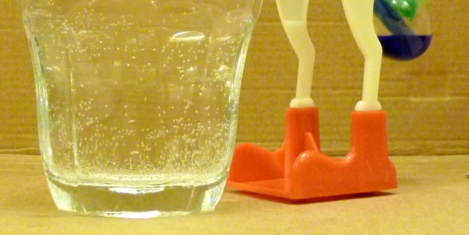
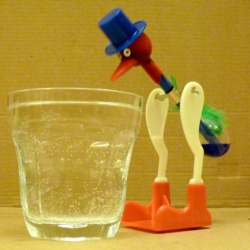






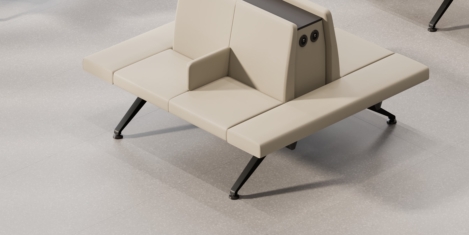



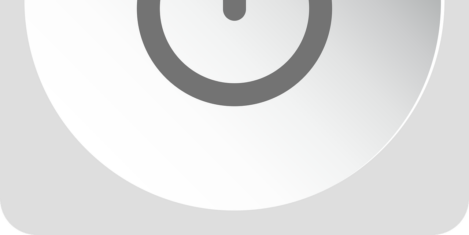











October 10, 2024
Two students just proved that Meta’s new smart glasses are not rose-tinted
by Stephanie Fitzgerald • AI, Comment, SF, Technology